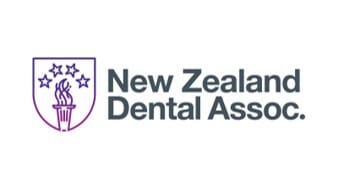Wisdom teeth, scientifically referred to as third molars, typically emerge between the ages of 17 and 25. However, not everyone develops these teeth, and their arrival often brings about complications. When it comes to wisdom teeth removal in Hamilton, there are several things you should consider.
While some individuals might have sufficient space in their mouths to accommodate these latecomers, most do not. Retaining wisdom teeth can lead to various issues and potential health risks.
In this article, our team of experts at Hamilton Emergency Dental Centre will explore the reasons behind the typical recommendation for wisdom teeth removal and the intricate web of possible complications they can trigger.
Understanding Wisdom Teeth Anatomy and Function
Wisdom teeth emerge as the final set of molars, primarily appearing in the late teenage years to early twenties. Most people possess four wisdom teeth, one in each corner of the mouth. These teeth share a common anatomical structure, consisting of a crown, neck, and root. Nevertheless, they exhibit variability in size, shape, and sometimes even in numbers, with some individuals having fewer than the standard four.
The roots of wisdom teeth often deviate from the norm, tending to be longer and more curved, posing a challenge during extraction. Positioned at the back of the mouth, they present unique cleaning difficulties, rendering them more susceptible to decay and gum disease.
One noteworthy aspect is the potential for impacted wisdom teeth, indicating their inability to fully emerge from the gums. This predicament can give rise to various complications, including infections, pain, and harm to adjacent teeth, ultimately culminating in more intricate issues such as cysts or tumours.
What are the Potential Complications That May Arise from Retaining Wisdom Teeth?
Wisdom Teeth Can Become Impacted
As your wisdom teeth start to grow at awkward angles, they can exert pressure on neighbouring teeth. This can cause overcrowding, misalignment, and cause you pain and discomfort. This predicament escalates to infections and abscesses, and in severe cases, they can even inflict damage to your jawbone.
Risks to Your Adjacent Teeth
If your wisdom teeth adopt irregular growth angles, they might impinge upon neighbouring teeth, leading to physical harm, decay, and the onset of costly treatments.
Issues with Your Oral Hygiene
Since wisdom teeth are at the rear of the mouth, effective cleaning poses a challenge because they are not easily accessible with a toothbrush or dental floss. This predicament elevates the risk of decay and gum disease, and in some cases, they can even damage the roots of the teeth in front of them.
Exploring Health Risks Linked to Wisdom Teeth
Risks of Gum Disease
The inaccessibility of wisdom teeth makes it difficult to do proper cleaning, enabling bacteria to thrive in the crevices between your teeth and gums. This can pave the way for gum disease, which is characterised by inflammation, bleeding, and even tooth loss if you leave it untreated.
Risks of Infections
Since wisdom teeth are a challenge to clean due to their location or impaction, it frequently trigger infections in the gums and the teeth they sit behind. The accumulation of food particles and bacteria in this area often leads to swelling, pain, and sometimes difficulty in opening your mouth. Neglecting these infections can trigger a chain reaction, potentially spreading to other body parts and causing other severe health complications.
Risks of Cysts and Tumors
Wisdom teeth can instigate the formation of cysts and tumours, fluid-filled sacs that emerge around the tooth. These growths can damage surrounding bone and teeth structures, potentially inducing pain and infection.
The Great Extraction Debate: To Remove or Not to Remove
Pros of Extraction:
- Proactive Approach: Proactively extracting wisdom teeth averts potential complications down the road.
- Crowding Prevention: Wisdom teeth-induced shifting can lead to crowding and orthodontic problems.
- Decay and Gum Disease Mitigation: Wisdom teeth are complicated to clean, which makes them susceptible to decay and gum issues, possibly leading to the development of cysts or tumours.
Cons of Extraction:
- Surgical Risks: Wisdom tooth extraction, like any surgery, harbours potential risks, including infection, bleeding, and nerve damage.
- Recovery Duration: The post-extraction recovery phase spans several days, often accompanied by swelling, pain, and eating discomfort.
- Financial Consideration: The cost of wisdom tooth extraction can be substantial, particularly without dental insurance coverage.
In essence, the decision to retain or remove wisdom teeth hinges upon individual cases and guidance from dental professionals. The extraction process entails a comprehensive pre-surgery assessment, the surgical procedure itself, and vigilant post-surgery care to facilitate smooth healing. Therefore, wisdom teeth removal by our Hamilton Emergency Dental Centre team is something you need to discuss with us to determine the best option for your situation.
What If Wisdom Teeth Are Not Removed?
Healthy, properly positioned wisdom teeth may not necessitate removal. However, impacted teeth with insufficient space to grow can trigger pain, infection, and more issues. Adjacent teeth, gum disease, cysts, tumours, and damage risks also accompany impacted wisdom teeth.
Can Extracted Wisdom Teeth Be Replaced?
Once you remove wisdom teeth, you cannot reinsert them However, you can retain them as keepsakes or educational items if that’s your thing.
Is Wisdom Teeth Removal Painful?
While discomfort is possible, wisdom teeth removal is usually not exceedingly painful. As your dental professionals in Hamilton, we employ local anesthesia sedation. Or general anesthesia to ensure your comfort during the procedure.
Any post-surgery swelling, pain, or bleeding can be managed through pain-relieving measures and proper care. Our team at Hamilton Dental Emergency Centre will discuss the best methods for your situation with you.
Should Two or All Four Wisdom Teeth Be Extracted?
The decision for how many teeth need extraction rests on individual circumstances. Some people possess all four wisdom teeth, while others only have one or two.
As your Hamilton dental professionals, we will evaluate the situation and recommend the optimal approach. In specific scenarios, extracting all four wisdom teeth might be necessary to prevent future complications.
Is Jaw Breaking Required for Extraction?
No, this notion is a misconception. Contemporary techniques and tools enable safe and comfortable wisdom tooth extraction without necessitating a jaw fracture.
The Wisdom Teeth Debate: Is Extraction Necessary?
Some experts contend that extraction might not be obligatory if wisdom teeth are healthy, properly positioned, and symptom-free.
However, each situation is distinct, underscoring the importance of seeking counsel from dental professionals to determine the most fitting course of action for individual requirements.
Conclusion
Deciding whether to remove or keep wisdom teeth depends on personal factors and advice from professionals. Wisdom teeth usually come in between ages 17 and 25.
While some people have enough space for them. Many experience issues that can cause health problems. The anatomy and function of wisdom teeth, with their unique challenges in cleaning and potential for impaction. These contribute to the development of complications such as infections, damage to adjacent teeth, and the formation of cysts or tumours.
Moreover, the potential complications associated with retaining wisdom teeth extend beyond oral health, including risks of gum disease, infections, and systemic health issues if left untreated. The debate surrounding extraction weighs the proactive approach to prevent future problems against the surgical risks, recovery duration, and financial considerations involved.
To Do Or Not To Do: Wisdom Teeth Removal in Hamilton
Therefore, the decision to remove or retain wisdom teeth requires a comprehensive assessment by dental professionals. Considering factors such as the individual’s oral health, the presence of symptoms, and the position of the teeth.
While the extraction process may involve certain risks and a recovery phase. Addressing potential complications early on is of utmost importance. The key lies in striking a balance between proactive prevention and careful consideration of the associated challenges.
Wisdom teeth that are healthy, properly positioned, and symptom-free may not necessarily require extraction. Still, the uniqueness of each case underscores the need for professional evaluation.
Guidance Is The Key
Ultimately, the wisdom teeth removal debate emphasises the significance of understanding the potential hazards of removing or retaining these molars. While highlighting the crucial role of dental professionals in guiding individuals toward the most appropriate course of action for their oral health.
Seeking advice and undergoing a thorough assessment. Our team at Hamilton Emergency Dental Centre will ensure that decisions around wisdom teeth removal in Hamilton are tailored to your individual requirements. Securing optimal oral health and well-being in the long run.
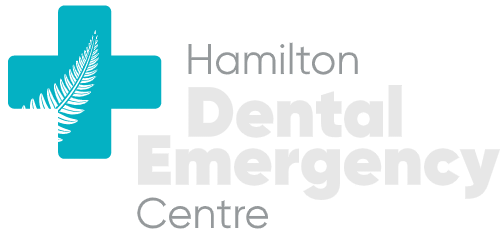
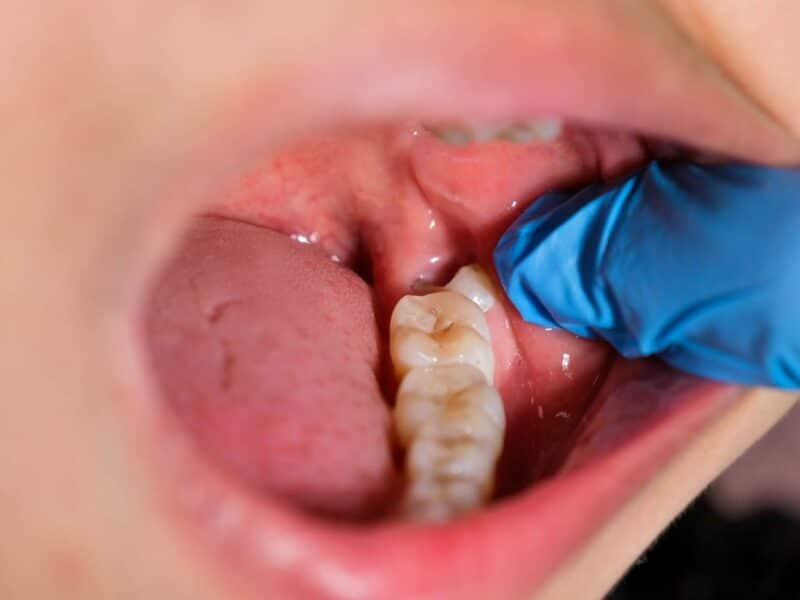
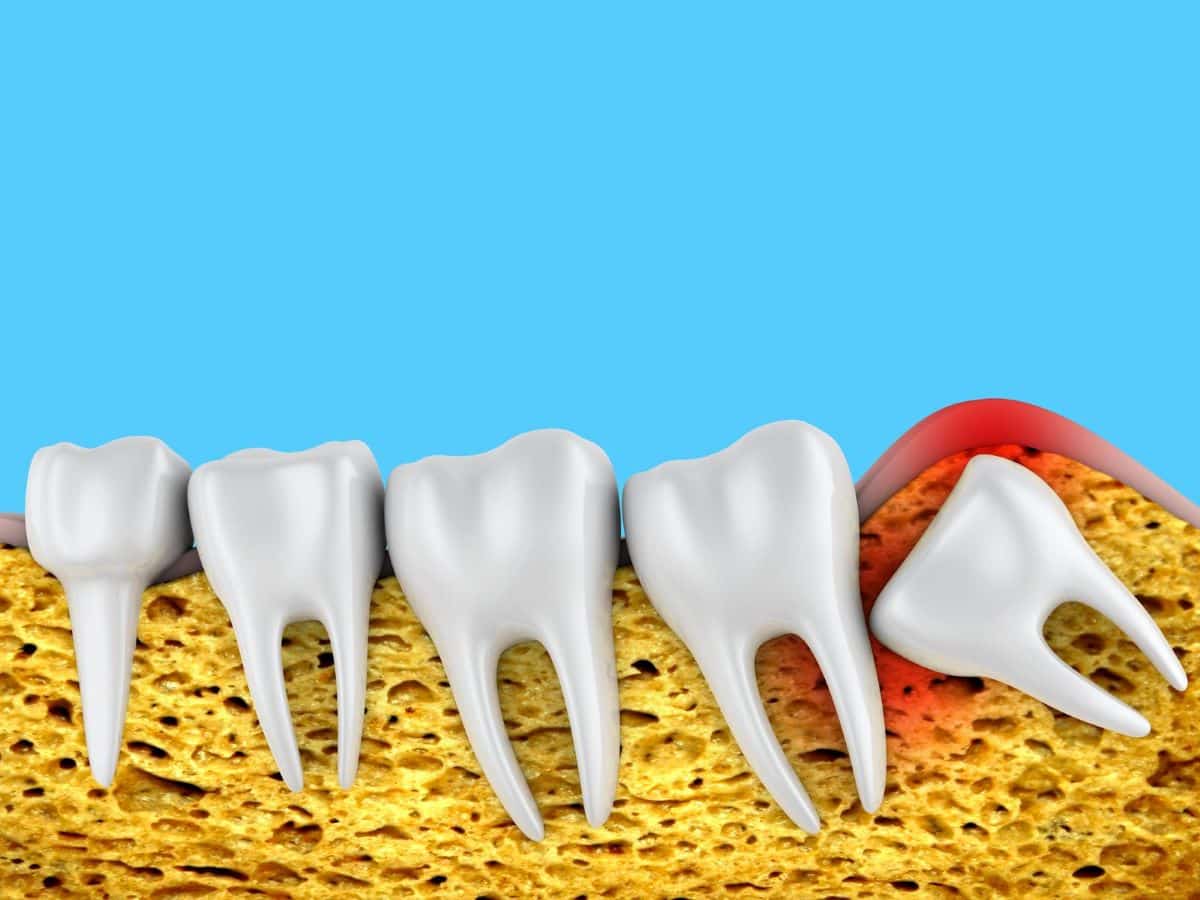
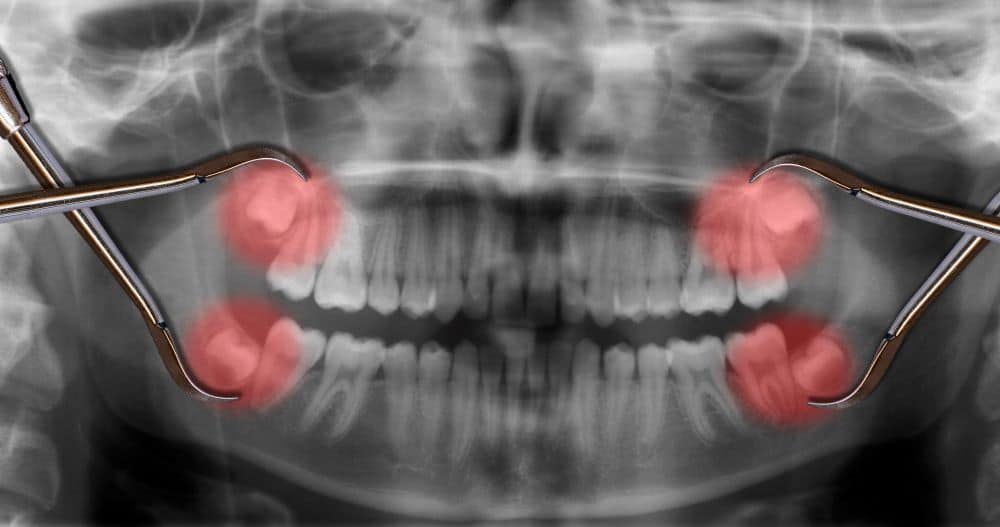
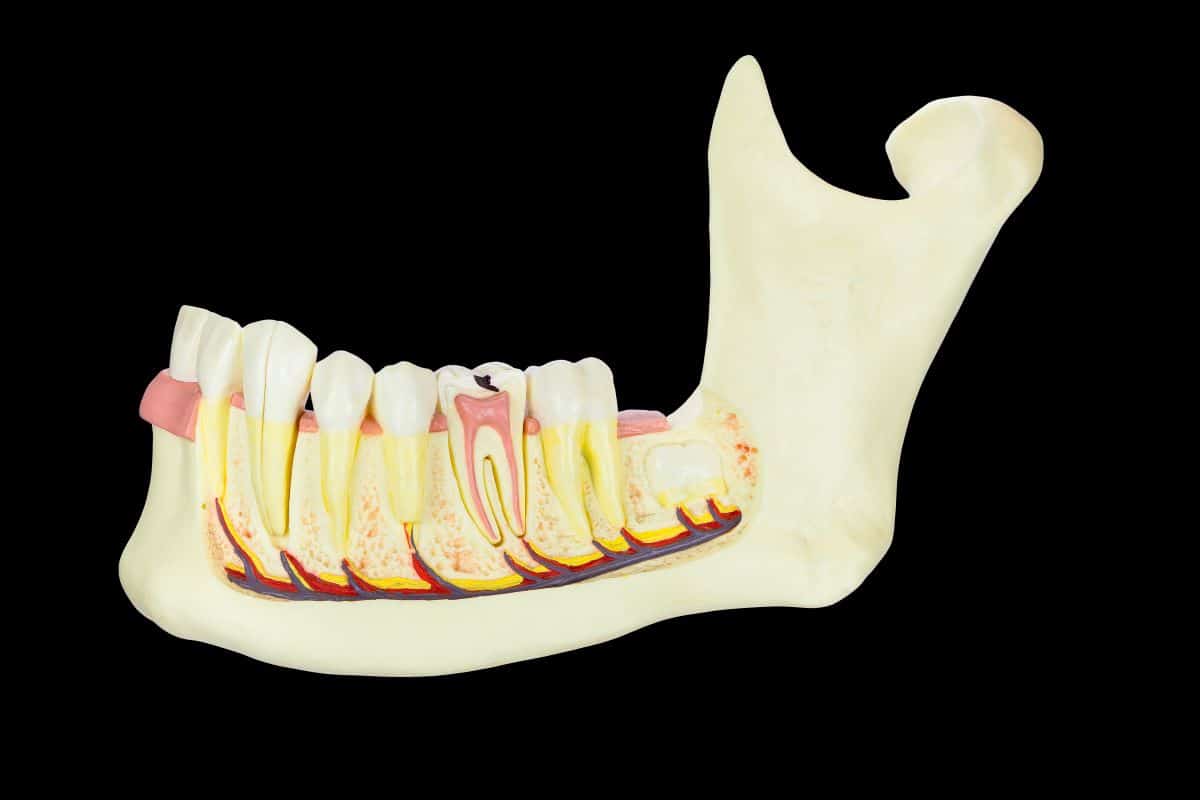
 Challenges You Need To Know For Denture Maintenance
Challenges You Need To Know For Denture Maintenance
